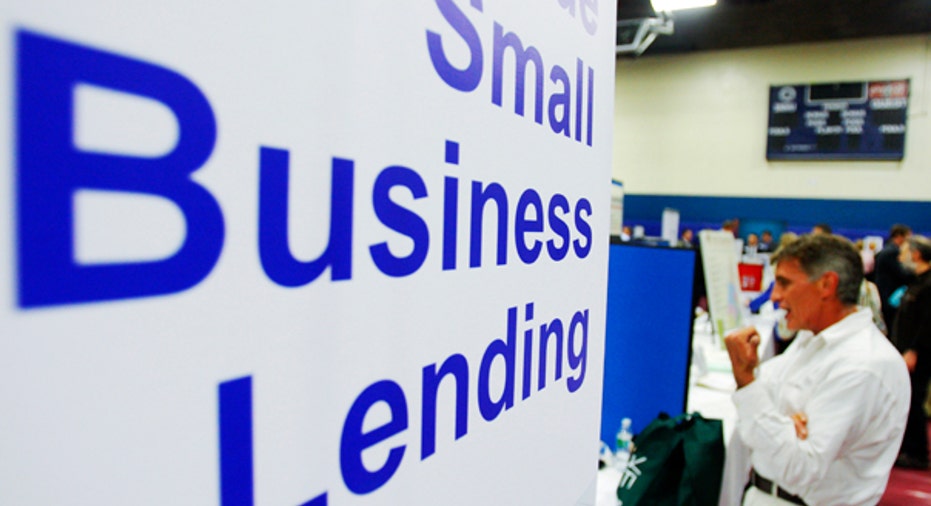Tax Cut Parity For All Businesses Will Supercharge the Economy: NFIB CEO Juanita Duggan

The National Federation of Independent Business, which represents several hundred thousand small business owners around the country, asked its members last year to rank their top problems and priorities. Half of the top ten problems were related to taxes. Small businesses struggle with federal rates, tax complexity, and frequent changes in federal rules. President Trump this week unveiled a tax reform plan that would address many of their concerns.
One of the biggest problems with the current tax code is the disparity in business rates that strongly favors large corporations over small firms. President Trump’s plan would level the playing field with a single business rate of 15 percent for businesses of every size and structure. That would supercharge the economy.
Over the past two decades, small businesses have created two-thirds of net new jobs. Half of private sector workers are employed by small businesses. Those businesses represent 99.7 percent of all employers in the United States. If the purpose of tax reform is to boost the economy, and create more jobs that pay higher wages, it must start with small business.
Invariably, some in Washington will resist a tax cut for all businesses. They will argue for a limited tax cut for large, international corporations, accompanied by a promise to cut taxes for small businesses at some point in the future. That would be a grave mistake. Three-quarters of small businesses are “pass-through entities,” which are taxed at the individual rate. Excluding them from tax reform now would widen the disparity between small businesses and their larger corporate competitors, and it would fail to spark the economic growth and job creation the country needs.
In addition to cutting rates and establishing parity for small businesses, the President’s plan would simplify the tax code. That’s another badly needed reform. Tax complexity is a huge tax burden. Each year, small business owners spend nearly 2 billion hours and $18 billion just to comply with the tax code. According to the SBA, tax paperwork costs small businesses $74 per hour, or $1,500 per employee. Large corporations are much better able to deal with tax complexity. They have legions of lawyers, accountants, and compliance professionals. Small business owners must either do the work themselves, which is a huge investment of time, or hire outside professionals who don’t come cheap.
The NFIB Small Business Optimism Index, which is an excellent indicator of economic growth, shows that small businesses are primed to grow. Since last November, the Index has been a record levels. That optimism is based on the expectation of changes in policy, especially tax reform.
Congress could turn that confidence into robust business activity by adopting the president’s plan. Small business owners would have more capital for new equipment, property improvements, new technology, new business lines, and new employees. That optimism would evaporate if Congress fails to enact tax reform that includes small business.
Juanita Duggan is President and CEO of the National Federation of Independent Business (NFIB).



















